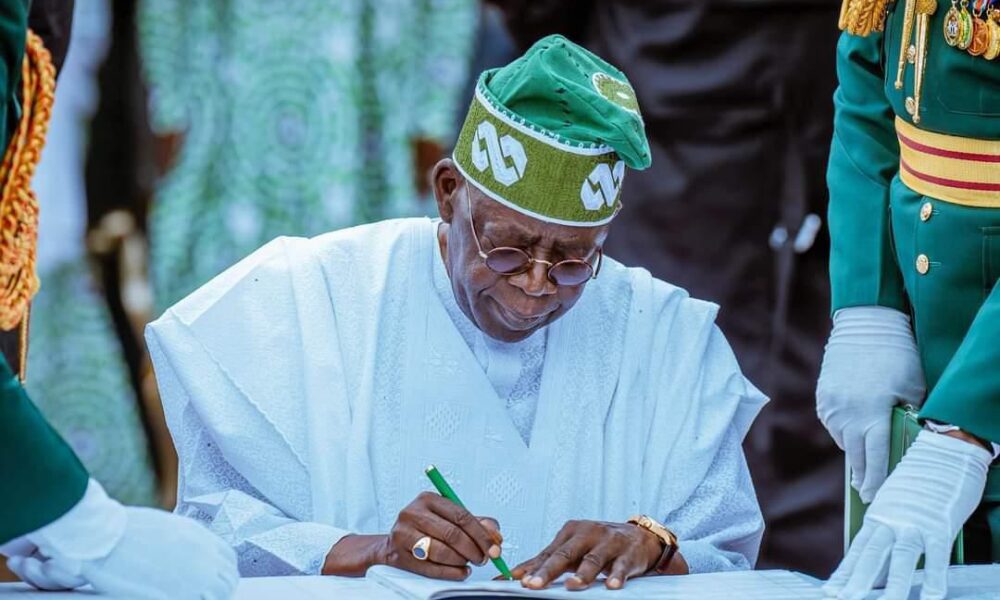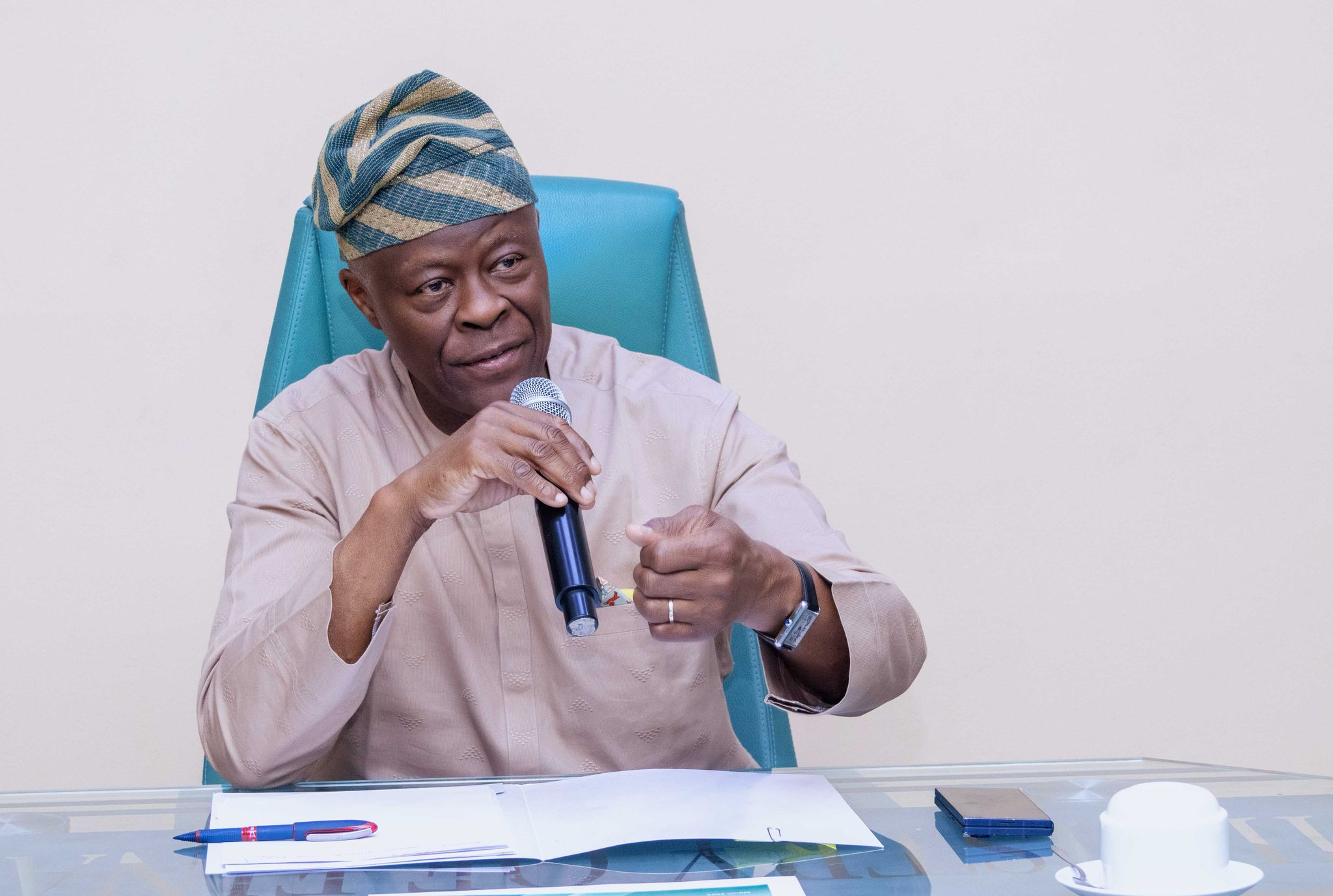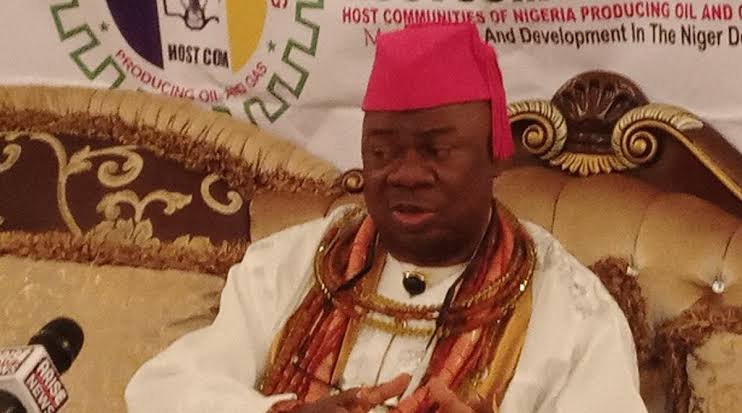As the economic struggles intensify for Nigerians, particularly in the wake of the fuel subsidy removal, religious leaders are calling on President Bola Tinubu to urgently seek solutions that will address the citizens’ plight.
The clergy believe the situation has reached a breaking point, where the well-being of the people is at stake.
Pastor in charge of the First Baptist Church in Jos, Plateau State, Rev. (Mrs) Deborah Ayandele, expressed deep concern during the church’s Founder’s Day Service.
She highlighted the escalating challenges that have left many Nigerians in dire conditions.
Ayandele called on President Tinubu to prioritize economic recovery, urging him to rally resources and implement measures that can bring relief to the citizens.
She stressed that in these testing times, Christians must remain strong in their faith while also hoping for tangible improvements to their financial circumstances.
Other church leaders echoed similar sentiments, including Brothers Seyi Mafolasere, Baba Bayo Oyeniyi, and church secretary Mr. Femi Olayinka. They all urged the government to recognize the severity of the crisis and explore alternative ways to stimulate the economy.

In a message targeted at the youth, Mafolasere celebrated the church’s historic 113th anniversary but also used the occasion to emphasize the importance of hard work and integrity in overcoming societal challenges.
He warned the youth against engaging in harmful practices such as rituals, which do not contribute positively to the nation’s progress.
With the pervasive issue of mass migration in search of better opportunities – often dubbed the “JAPA” syndrome – Mafolasere called on the government to address this trend and find ways to stem the tide of emigration, which further exacerbates the nation’s economic difficulties.
The day concluded with the cutting of a cake to celebrate the church’s long-standing presence in Northern Nigeria, marking a moment of reflection and hope for the future amidst Nigeria’s current economic woes.



